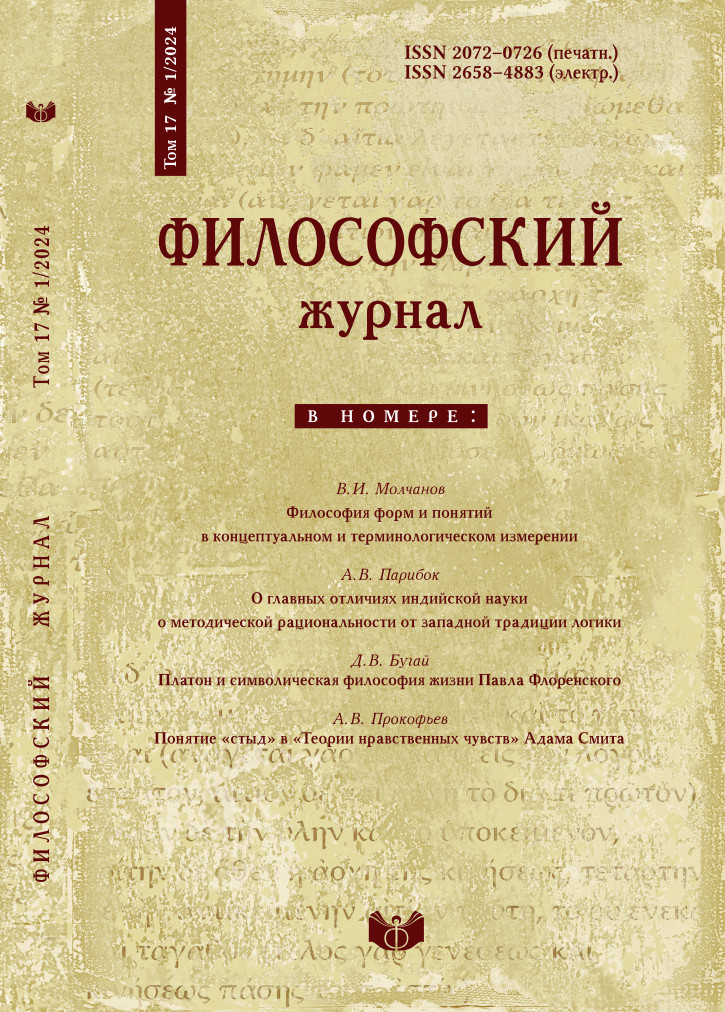Integrating the predictive processing and the cognitive dissonance theories in the context of rational choice problem
DOI:
https://doi.org/10.21146/2072-0726-2024-17-1-180-196Keywords:
rationalization of irrational, predictive processing theory, сognitive dissonance, active inference, actionsAbstract
A significant problem in constructing the theory of rational choice (and rationality in general) at the moment is the question of explaining irrationality, or rather the fact that an agent can act irrationally for an external observer, and the models used for it may not work. However, the agent himself “inside”, if you find yourself in his “logic”, acts clearly rationally upon verification. It’s just that his “rationality” and the “rationality” of an external observer turn out to be different, hence they do not coincide, and hence this leads to a discrepancy in the language of their description of each other. To resolve this problem and find a theoretical basis for the connection between the physiological states of organisms and testable the theoretical constructs, and thus obtaining the opportunity, without changing the optics, to work with all agents, regardless of the types of rationality they have, psychological approaches have increasingly become involved. But for them, the basic problem is always “rootedness” in the “material substrate”. This work largely suggests and shows which mechanism can allow this problem to be solved. The paper draws attention to the fact that the combination of the theory of predictive processing and the theory of cognitive dissonance turns out to be extremely promising for this task. This is due to the fact that both of these theories are engaged in reducing surprise or inconsistency (prediction errors and dissonance), with the former providing the latter with valuable and informative context within the broader perception – prediction – action framework (known as active inference) and also helps us to separate dissonant cognitive elements from dissonant psychological states, while considering them as part of the same process of perception and cognition. All this allows us to set a fundamental theoretical basis for the connection between the physiological states of organisms and testable theoretical constructs about the degree of rationality of a particular agent, and, thus, gain access to the internal information processes in the brain for study.






